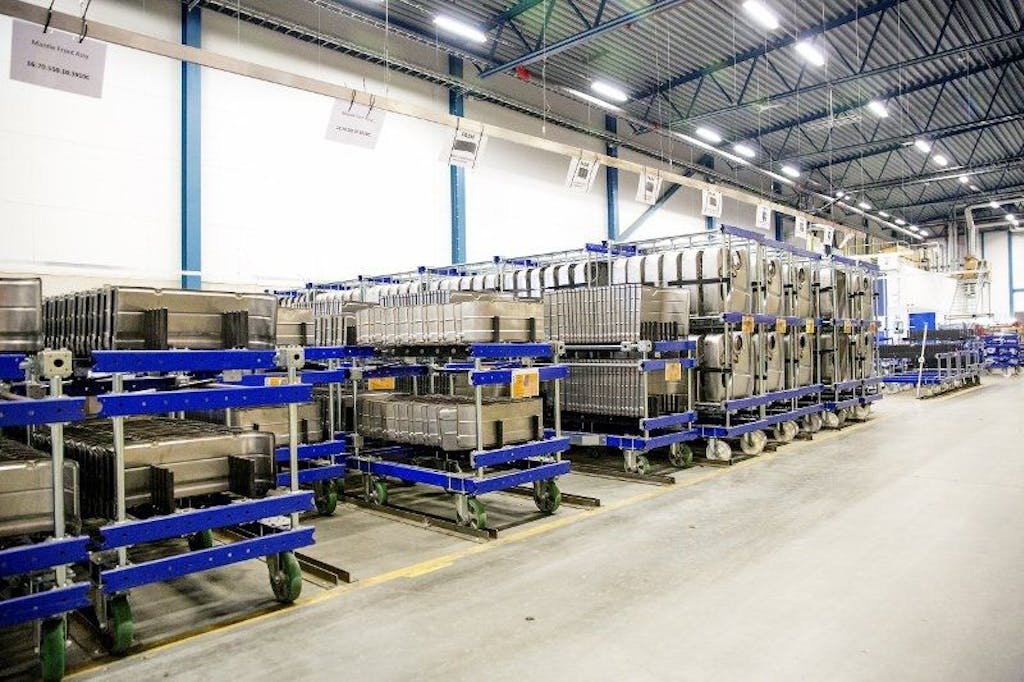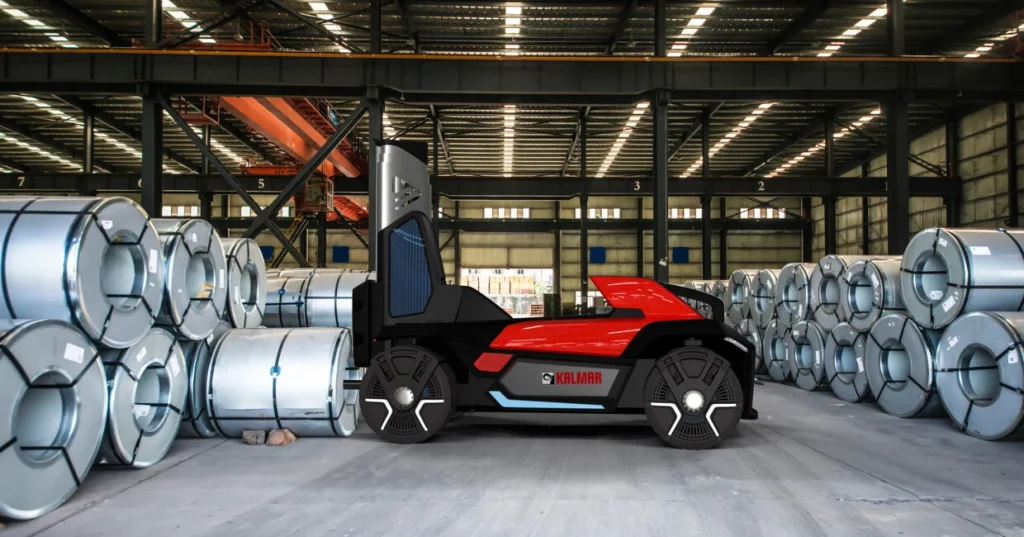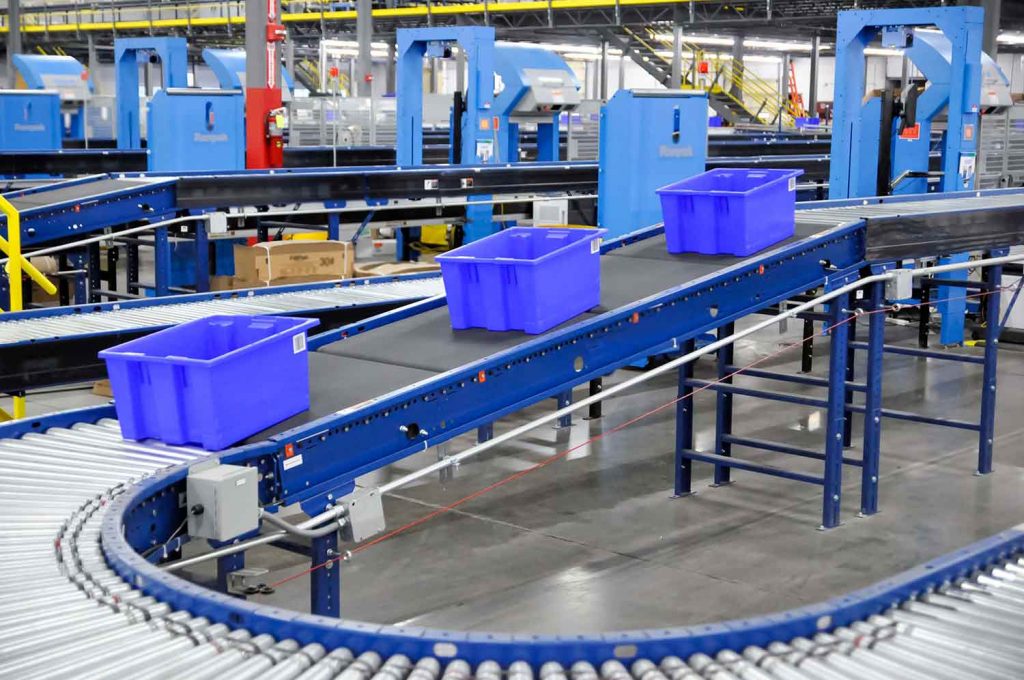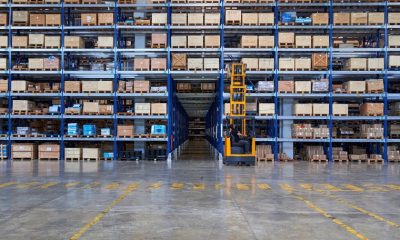Industry
Optimising Operations: A Guide to Material Handling Equipment
Material handling equipment is the backbone of modern operations, encompassing the movement, storage, control, and protection of materials throughout the supply chain. From bustling warehouses to manufacturing facilities, MHE plays a pivotal role in optimising efficiency, reducing costs, and ensuring smooth workflows. Efficient material handling translates to increased productivity, reduced labour costs, and enhanced safety. By streamlining the movement of goods and products, businesses can accelerate production cycles, minimise inventory errors, and improve overall operational performance.
Understanding Your Material Handling Needs

Effective material handling equipment is the cornerstone of efficient operations across industries. A reputable material handling equipment supplier can provide expert guidance in assessing your requirements and recommending tailored solutions. To select the right solution, it’s crucial to know your specific operational requirements. This involves considering several key factors:
- Industry and Business Type: The nature of your business dictates the type of MHE needed. For example, a manufacturing plant will have different requirements than an e-commerce warehouse.
- Warehouse or Facility Size: The size of your operation will influence the scale of equipment and storage systems required.
- Product Type and Characteristics: The weight, dimensions, and handling requirements of your products will determine the suitable MHE.
- Order Volume and Fulfillment Speed: The frequency and volume of orders will dictate the need for automation and efficient material flow.
- Budgetary Constraints: The available financial resources will impact the scope and type of MHE solutions you can implement.
- Addressing common material handling challenges is another critical aspect of equipment selection. Labour shortages, limited warehouse space, and the pressure to fulfil orders quickly and accurately are common hurdles faced by many businesses. By carefully analysing your specific needs and challenges, you can identify the most suitable MHE solutions to optimise your operations.
The Future of Material Handling

The material handling tools and equipment are transforming, driven by technological advancements and changing industry demands. To stay competitive, businesses must embrace emerging trends that promise to revolutionise warehouse and logistics operations.
Emerging Technologies Shaping the Industry
The integration of robots and automated systems is rapidly transforming material handling processes. From automated guided vehicles (AGVs) to robotic arms for picking and packing, these technologies enhance efficiency, accuracy, and productivity. AI-powered systems are enhancing warehouse operations by analysing data, predicting demand, and optimising inventory management. Connected devices enable real-time tracking of equipment and inventory, improving visibility and enabling predictive maintenance.
Impact on Warehouse and Logistics Operations
The adoption of these technologies will significantly impact warehouse and logistics operations. We can expect to see:
- Increased Efficiency: Automated systems reduce manual labour, minimise errors, and optimise workflow.
- Improved Accuracy: AI-powered systems enhance data accuracy and decision-making.
- Enhanced Flexibility: Automated solutions enable businesses to adapt quickly to changing demands and market fluctuations.
- Enhanced Safety: Reduced reliance on manual tasks contributes to a safer work environment.
Staying Ahead of the Curve
To thrive in the evolving material handling landscape, businesses must stay informed about the latest trends and technologies. Continuous learning and adaptation are essential for harnessing the full potential of these innovations. By embracing the future of material handling, businesses can gain a competitive edge, improve operational efficiency, and drive growth. The future of material handling is bright, with endless possibilities for optimisation and innovation. By staying informed and adopting emerging technologies, businesses can position themselves for success in the world of logistics and supply chain management.
Benefits of Optimised Material Handling

Optimised material handling systems offer many advantages that significantly impact a business’s bottom line and overall efficiency. Streamlined material flow and reduced handling times lead to increased productivity. By eliminating bottlenecks and delays, businesses can process orders faster, improve output, and meet customer demands more effectively.
Efficient material handling systems contribute to significant cost savings. Automation and optimised processes reduce labour costs, minimise product damage, and optimise warehouse space utilisation. Furthermore, reduced inventory holding times due to improved stock management lead to lower carrying costs. Optimised material handling systems provide better visibility and control over inventory levels. Real-time tracking and accurate data enable businesses to make informed decisions, prevent stockouts, and reduce excess inventory.
Efficient material handling processes are crucial for meeting customer expectations. By optimising order picking, packing, and shipping, businesses can achieve faster order turnaround times, higher order accuracy, and increased customer satisfaction. Implementing ergonomic equipment and safe operating procedures reduces the risk of workplace injuries. Automated systems can further mitigate safety hazards by minimising manual handling tasks.
Optimised material handling systems can adapt to changing business needs and market demands. Flexible equipment and modular designs allow for easy reconfiguration and expansion, ensuring the system can evolve with the business. By investing in optimised material handling solutions, businesses can unlock their full potential, gain a competitive edge, and drive operational excellence.
The Final Word
Material handling equipment is the backbone of modern operations, driving efficiency, productivity, and cost savings. By carefully assessing your specific needs and selecting the right combination of conveyors, forklifts and other MHE solutions, you can optimise your warehouse equipment or manufacturing facility. Incorporating innovative technologies like battery-powered platform trolleys can further enhance your operations and contribute to a more sustainable future.













